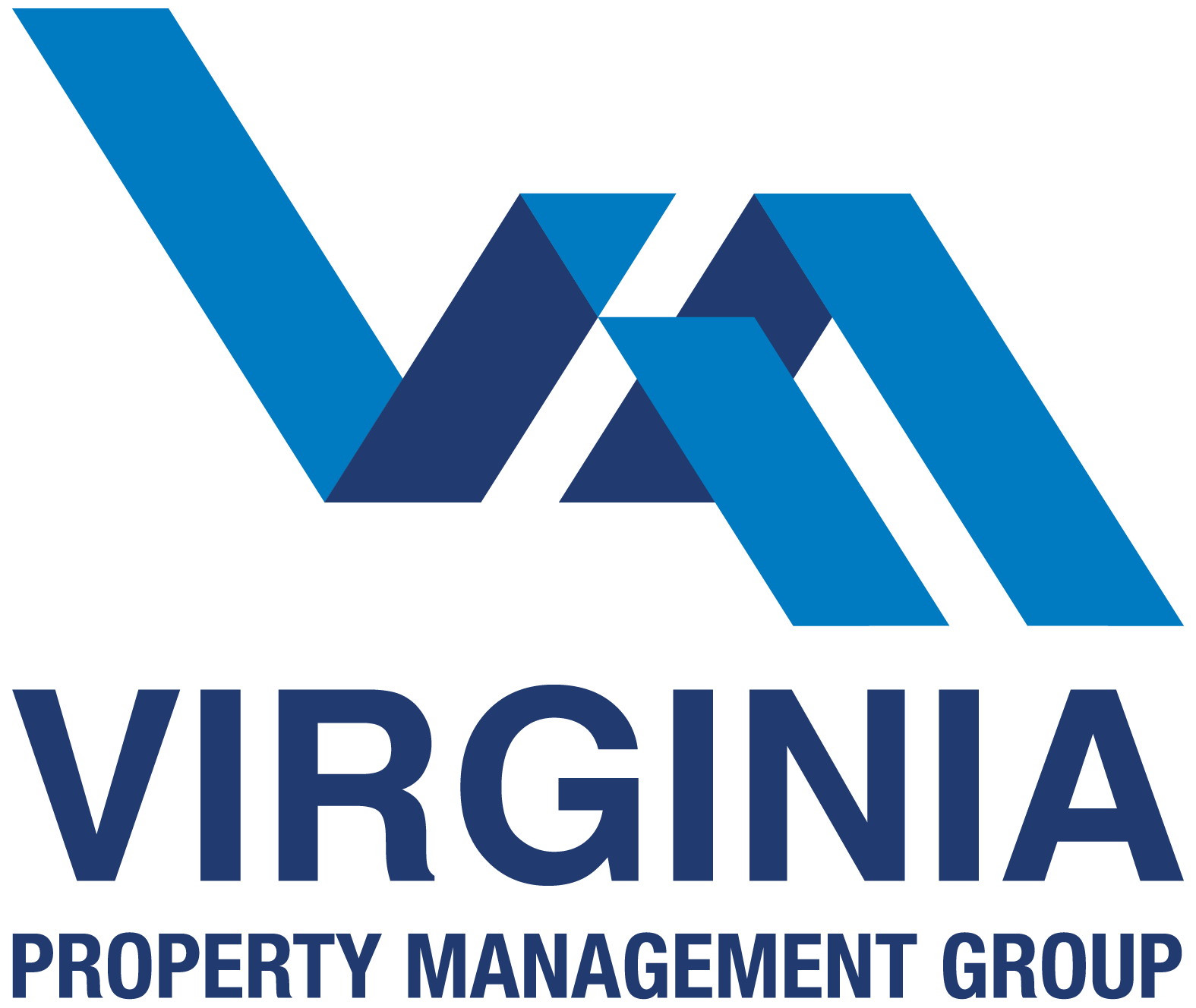
Owning a rental property in Virginia can be a rewarding investment, but what happens when your tenant stops paying rent? Dealing with a non-paying tenant can feel frustrating and stressful, but as a landlord, it’s critical to handle the situation professionally, legally, and effectively. By understanding your rights and responsibilities, and by following the proper steps, you can resolve the issue while protecting your property and interests.
Here, we’ll guide you through the legal considerations and step-by-step solutions for handling a tenant who doesn’t pay rent.
Understanding Legal Considerations in Virginia
Navigating landlord-tenant issues in Virginia requires familiarity with state laws and regulations. Below are the key legal considerations to keep in mind.
1. The Virginia Residential Landlord and Tenant Act (VRLTA)
The VRLTA outlines the rights and responsibilities of both landlords and tenants. Familiarize yourself with this act to ensure you’re compliant with state regulations when addressing rent payment issues or initiating evictions.
2. Lease Agreement
Review your lease agreement carefully. Ensure it includes clear terms regarding rent payments, due dates, late fees, and remedies for failure to pay. This document will serve as the foundation for addressing non-payment.
3. Pay or Quit Notice
Virginia law requires landlords to serve a “Pay or Quit” notice when a tenant fails to pay rent. This notice gives the tenant 5 days to pay the overdue rent in full or vacate the property.
4. Eviction Procedures
If the tenant does not resolve the payment issue after receiving a Pay or Quit notice, the next step is to file for eviction. This involves submitting a Summons for Unlawful Detainer to the court, attending a hearing, and obtaining a Writ of Possession to regain control of the property.
5. Consult a Legal Expert
Eviction laws are complex, and missteps could lead to legal complications. It’s advisable to work with an attorney or legal professional experienced in landlord-tenant disputes to ensure your actions comply with all state and local laws.
Steps to Handle a Non-Paying Tenant
When addressing the issue of unpaid rent, it’s important to balance professionalism with adherence to legal guidelines. Here’s a step-by-step approach that landlords can follow.
1. Communicate Promptly with the Tenant
Reach out to your tenant as soon as payments are missed. Understanding their situation can sometimes lead to solutions without escalating to legal action. Miscommunication due to unforeseen life events, like job loss or medical emergencies, could be resolved by working out a payment plan.
Tip: Stay professional during discussions. Document all communications for future reference.
2. Follow the Lease Terms on Late Payments
If the tenant remains unable to pay or doesn’t respond, follow the terms outlined in your lease agreement regarding late fees and grace periods. Make sure to enforce these terms consistently to maintain fairness and avoid legal complications.
3. Serve a Pay or Quit Notice
If payment is still not made, serve a Pay or Quit Notice as required under Virginia law. This step is essential to formally notify the tenant of their obligation to pay or vacate within 5 days.
Important: Ensure the notice contains all required details, including the amount overdue and the deadline for payment or vacancy.
4. Initiate Legal Eviction Proceedings
If the Pay or Quit deadline passes without resolution, initiate the eviction process. File a Summons for Unlawful Detainer with the appropriate court in Virginia. During the court hearing, present your case and supporting documentation, including lease agreements and records of non-payment.
5. Obtain a Writ of Possession
If the court rules in your favor, you’ll receive a Writ of Possession. This legal order allows law enforcement to assist in removing the tenant and returning the property to you.
6. Keep Thorough Records and Documentation
Throughout this process, document all communications, notices, payments, and legal filings. Clear and detailed records are invaluable if the matter progresses to court or if you face disputes with the tenant.
Partner with Virginia Property Management Group
Handling non-paying tenants can be overwhelming, especially if you lack the time or legal expertise to navigate the complexities involved. That’s where Virginia Property Management Group can help.
Why Choose Us?
We provide comprehensive property management services to ensure you never face tenant issues alone. Here’s how we can assist with rent collection and non-payment concerns:
- Tenant Screening: We perform thorough background and credit checks to secure reliable tenants for your property.
- Rent Collection: Our team ensures on-time payments and manages delinquent accounts professionally and effectively.
- Eviction Management: If eviction becomes necessary, we handle the entire process in compliance with Virginia law.
- Legal Compliance: We stay updated on state and local laws to ensure every step complies with regulations.
With our experts managing the difficult aspects of property ownership, you can unlock the full potential of your investment.
Flexible Service Packages
Explore our tailored packages to find a property management plan that fits your needs, from our Bronze Plan for basic services to the Platinum Plan offering advanced features like eviction management and resident benefits.
Take Action Today
If you’re struggling with non-paying tenants or simply want to avoid issues in the future, our team is here to help. Protect your investment, ensure compliance with state laws, and enjoy hassle-free property management with Virginia Property Management Group.
Contact us today to learn more about our services and start experiencing the VPMG Advantage!
